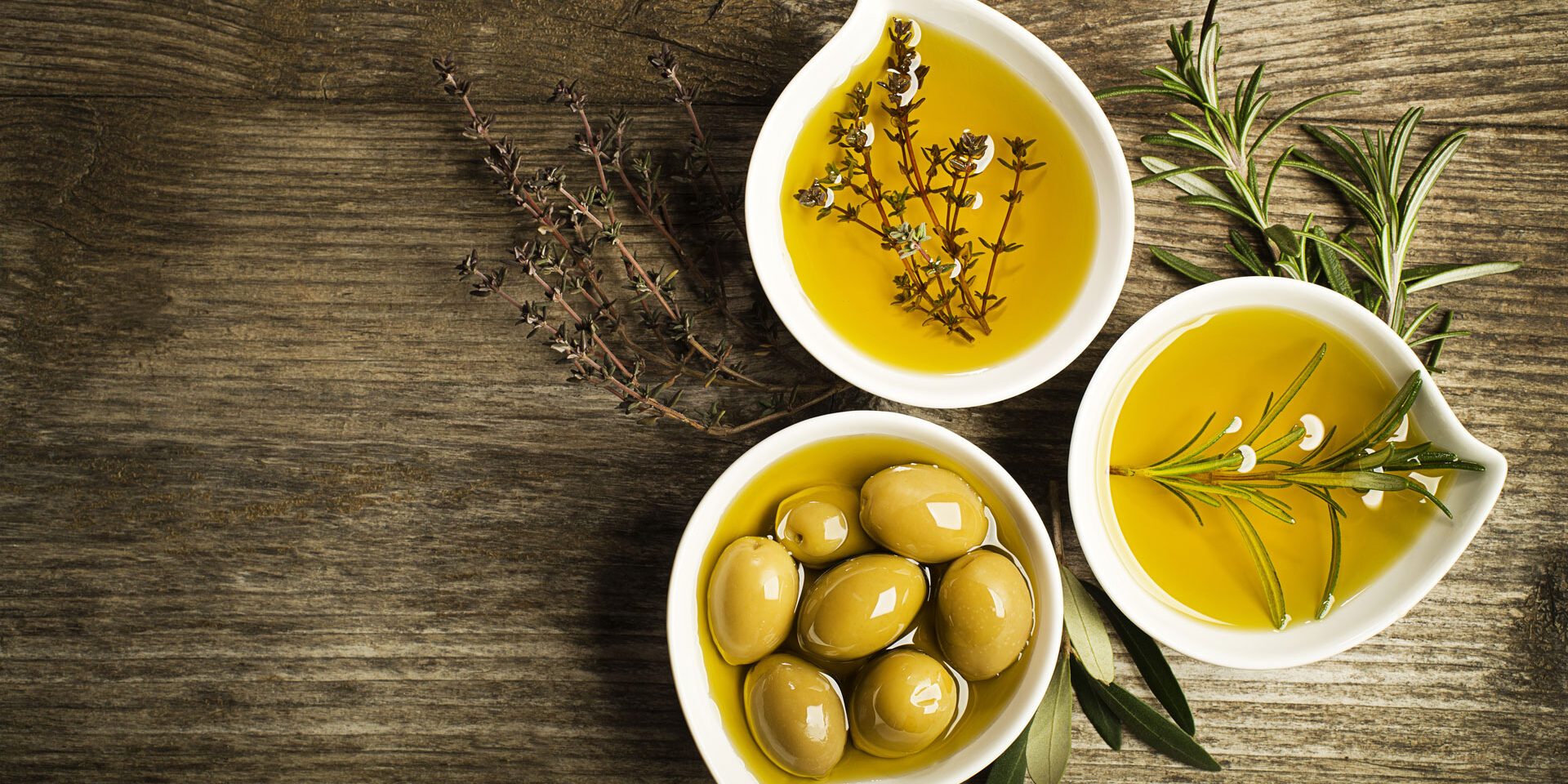Cold-pressed olive oil is a processing method used to extract the oil from olives without the use of high temperatures or chemical solvents. The term “cold-pressed” refers to the mechanical process of pressing the olives without the application of heat, which helps preserve the oil’s natural aroma, color, nutritional value, and antioxidant properties.
Cold-Pressed Olive Oil Production
The cold-pressing process typically consists of several simple steps:
- Preparation of Olives: After harvesting, the olives are washed and cleaned to remove leaves, twigs, and other foreign materials.
- Grinding: The cleaned olives are ground to extract the oil, creating olive paste (pomace).
- Malaxation: The olive paste is mixed to facilitate the aggregation and separation of oil droplets. This step is typically done at a specific temperature for a short period.
- Pressing/Extraction: The mixed olive paste is then pressed or centrifuged to separate the oil from its solid and liquid components. During the cold-pressing process, the temperature is maintained around 27°C (80.6°F), hence the term “cold” pressing.
- Separation and Filtration: The liquid obtained from pressing or centrifuging is separated from water and solid particles to yield pure olive oil. The oil is then filtered to remove any residual sediments.
Advantages of Cold-Pressed Olive Oil
- High Quality and Nutritional Value: The cold-pressing method helps preserve the natural antioxidants in olive oil, such as phenolic compounds and vitamins. This maximizes the health benefits of the oil.
- Better Aroma and Flavor: Cold-pressed olive oil retains the natural aroma and flavor of the olives, resulting in a higher-quality and more flavorful product.
- Free from Chemical Solvents: Cold pressing is a method that does not involve chemical solvents, ensuring that the olive oil is more natural and pure.
Cold-pressed olive oil, when consumed as part of a healthy diet, offers several health benefits, including reducing the risk of chronic conditions such as heart disease, inflammation, and certain types of cancer. Olive oil produced through this method is typically labeled “extra virgin” and is considered the highest quality standard among consumers seeking olive oil.







